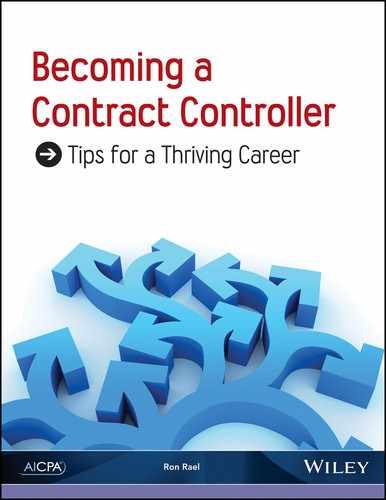Book Description
Opportunities for part-time or contract controllers and financial executives have grown exponentially in recent years. If you’ve ever considered following this fast-growing trend and striking out on your own, then this is the book for you. Author Ron Rael, who has years of experience as a contract controller himself, shows you how to navigate the unique questions, problems, and opportunities of this consulting niche.
After reading this book you will be able to
- Apply the special skills required of the part-time and contract controller.
- Understand the role the contract controller plays.
- Weigh the positives and negatives of being a part-time and contract controller.
- Know how to be a very effective contract controller.
- Discuss issues related to the elusive contract executive position.
- Develop a Position Description for a contract financial executive.
- Generate ideas on how to market yourself as a part-time or contract controller.
- Design a tailored action plan for your specific needs.
- List your own ideas and contributions.
- Put this information to good use in your own career.
